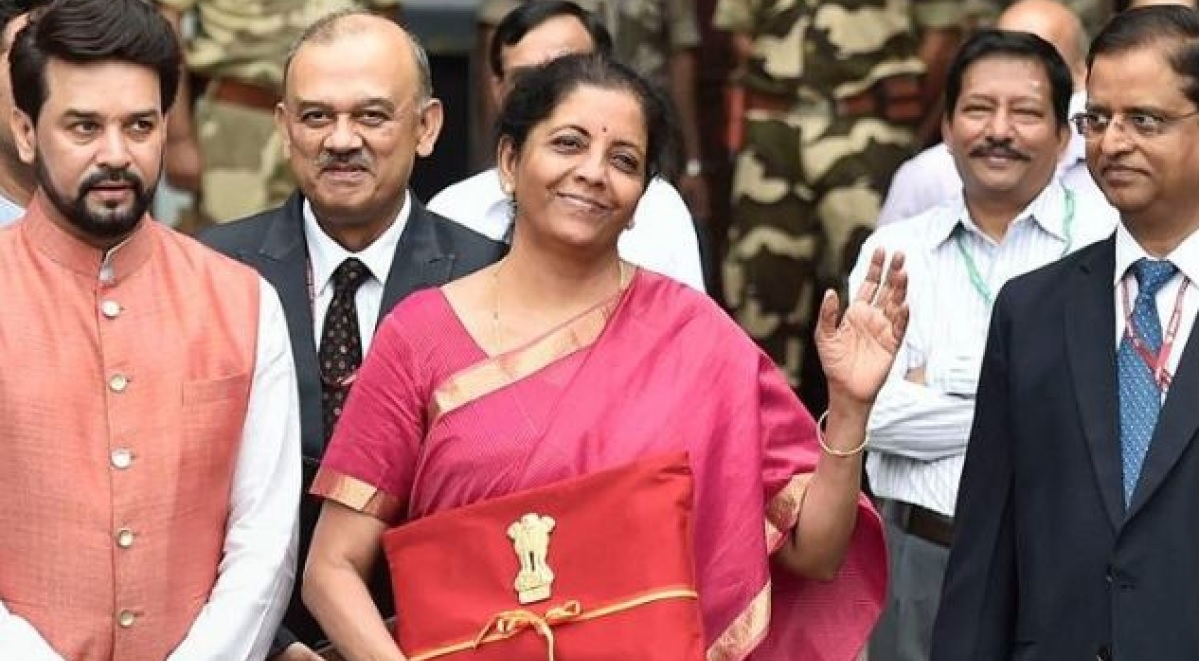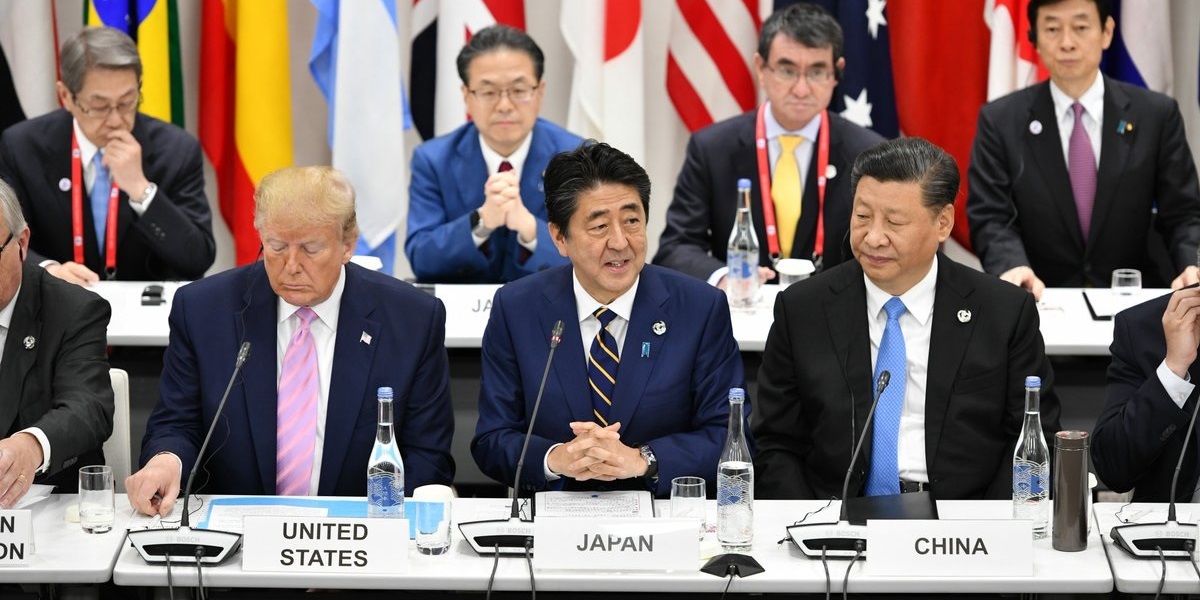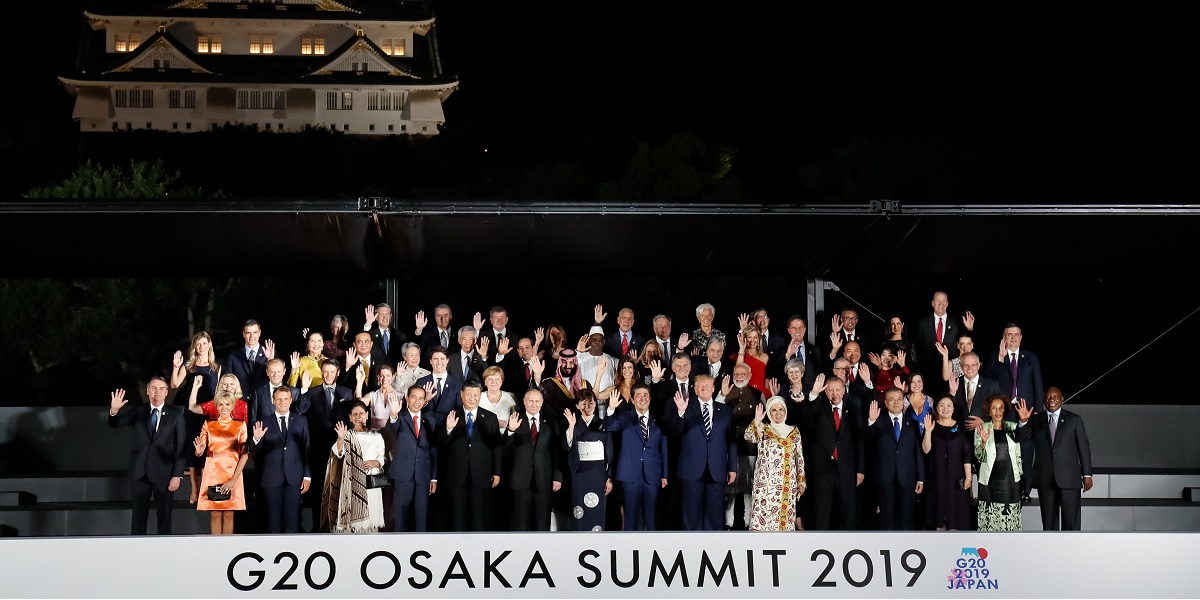It’s been a bumpy ride for GCC technology ecosystems, with plenty of budget cuts, job losses and, due to the onset of Covid-19, slowing venture capital activity. However, some of the region’s most ambitious government initiatives to-date have been put in place to accelerate innovation, talent and growth in the tech sector. Uptake of some technologies also seems to have spiked since the pandemic.
So, is the region’s tech sector growing or cooling off? It’s an interesting question and, as with many questions like this about industries, there’s no simple answer. WIRED Middle East asked me whether I was optimistic about the future of tech in the region. The short answer is that I am very optimistic, although the tech sector is not without its challenges.
It is true that much of the technology sector has been hit hard by the knock-on effect of lower oil prices on GCC IT spending, increase price competition and the impact of the coronavirus pandemic on decision making, new projects and project spending. Multinationals and regional technology firms have cut budgets, including staffing and other expenses as a result. However, one really has to drill down to specific technologies, solutions and the current technology needs of customers in the region to fully understand what’s going on. All types of technology business are not contracting. In fact, far from it, some tech firms are growing fast and many of those are working with new emerging technologies for automation, data analytics, AI-powered digital services and other disruptive services and solutions.
There are also contradictory trends when looking at the impact of 2020’s turmoil on jobs and the region’s need to compete for the right tech talent. There are three key driving forces here shaping the region’s tech talent pool: 1) global trends creating new tech jobs and decreasing demand for tech jobs that are being obsoleted and/or impacted by automation, 2) the GCC’s belt-tightening of the past few years due to lower oil prices, forcing public and private sectors to be more cost-effective and 3) the unexpected consequences of Covid-19, which include the accelerated demand for some emerging technologies.
Along side the economic ups and downs, and the surprises brought about by the pandemic, there are the heavily funded innovation and technology initiatives that have been put in place by Saudi Arabia and the UAE. For example, the massive open data projects in Saudi Arabia and the UAE, the recently announced $20 billion Saudi National Strategy for Data & AI (NSDAI), Abu Dhabi’s increasing investment in R&D, and numerous smart city and smart city services projects. We’ve also seen an upswing in the numbers of tech startups outside of the popular ecommerce, delivery, travel and transport segments.
However, the one change that I’ve noticed over the past few years, may be the crucial one for the GCC technology ecosystems. I believe that there has been a clear attitudinal change among GCC citizens themselves, that has helped to make technology a more attractive sector for jobs, entrepreneurship and investment. In years past, a traditional career in technology has been a safe government IT job, whereas today locals are joining the tech sector in larger numbers, there is a new generation of tech startups founded by GCC citizens and we’re starting to see more interest in startup venture capital investments from Gulf investors.
Huge, well thought through government tech initiatives, the recent acceleration of demand for emerging technologies and the increasing engagement of GCC nationals in the tech sector are the three top reasons why I believe there has never been a more exciting time for the region’s tech industry.
Read Ashleigh Stewart’s full article on WIRED Middle East.





